Every fall and winter, people all over the world start feeling a bit under the weather.
Some get the dreaded flu, while others have to put up with annoying head colds or stomach bugs.
Unfortunately, those aren't the only illnesses to worry about when the weather changes. With colder, dryer weather comes an increase in germs and a decrease in our immune system's ability to fight them.
Most people consider themselves lucky if they make it all the way to spring without coming down with something.
One of the major sicknesses you have to watch out for is sinus infections. Lots of individuals get sinus infections, but if you've never had one before you might mistake it for an ordinary cold.
Children and adults alike can get sinus infections, which can make you absolutely miserable. Learn more about these nasty infections and what you can do to fight them below!
Thumbnail Photo: Wikimedia / Hellerhoff
What Is A Sinus Infection?
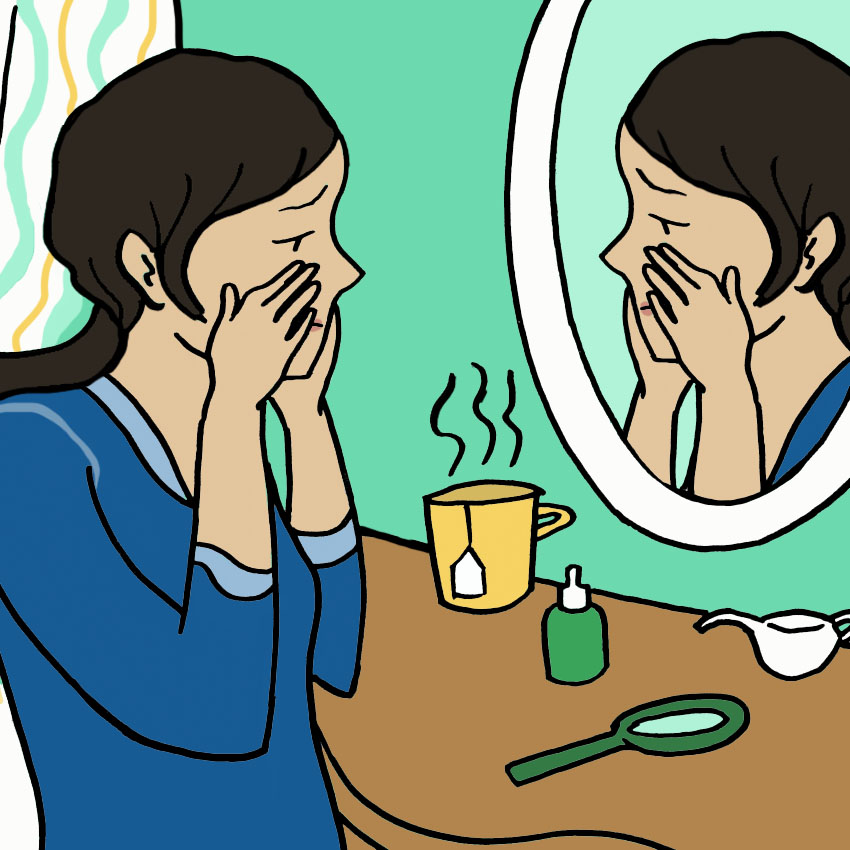
A sinus infection — also called acute sinusitis — means your sinuses are inflamed.
The Mayo Clinic explains: "Acute sinusitis (acute rhinosinusitis) causes the cavities around your nasal passages (sinuses) to become inflamed and swollen. This interferes with drainage and causes mucus to build up."
Types Of Sinusitis
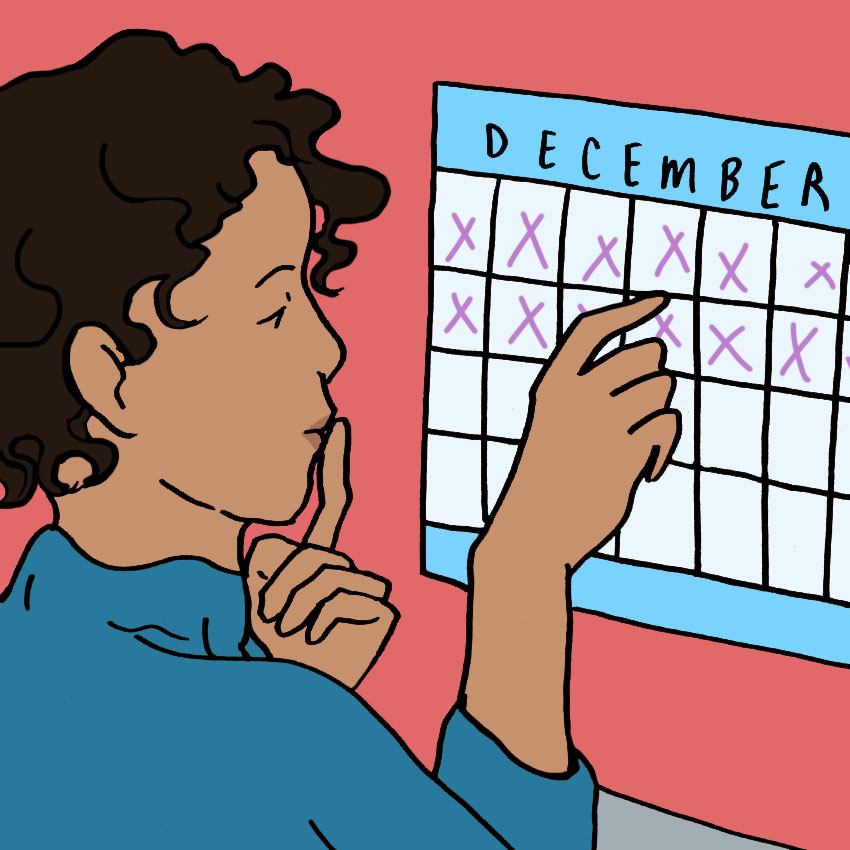
There are four primary types of sinusitis. The US National Library of Medicine explains these in the following way:
- Acute, which lasts up to 4 weeks
- Subacute, which lasts 4 to 12 weeks
- Chronic, which lasts more than 12 weeks and can continue for months or even years
- Recurrent, with several attacks within a year
The Difference Between A Cold And A Sinus Infection
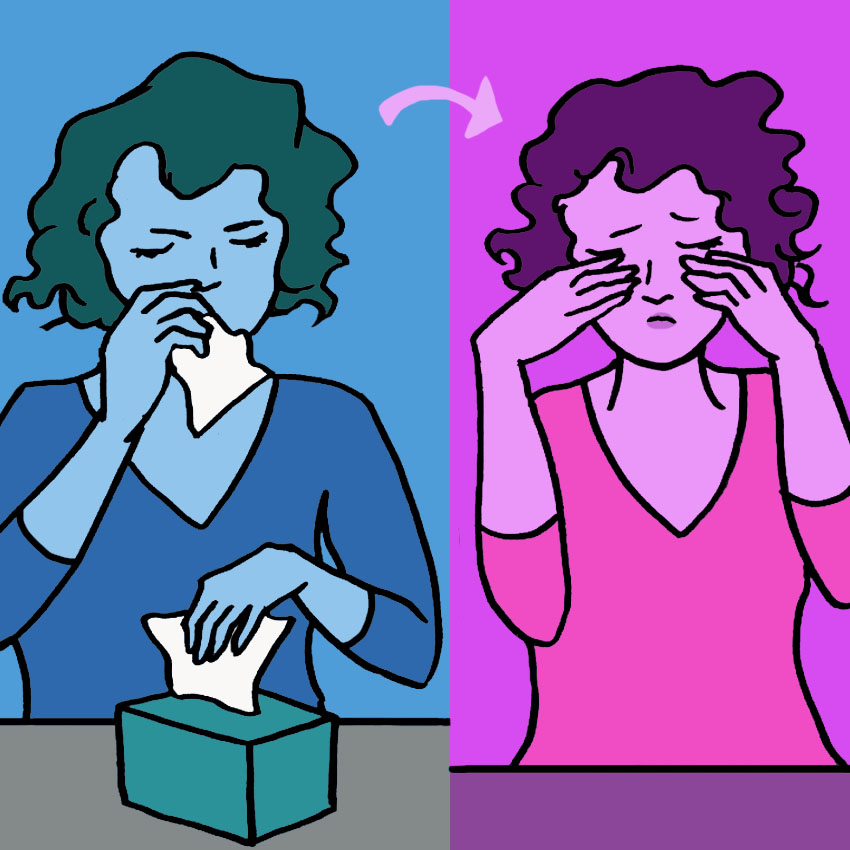
Although they have many of the same symptoms, colds and sinus infections are not the same thing. Often, colds lead to sinus infections.
The US National Library of Medicine explains, "Acute sinusitis often starts as a cold, which then turns into a bacterial infection. Allergies, nasal problems, and certain diseases can also cause acute and chronic sinusitis."
Symptoms Of Acute Sinusitis
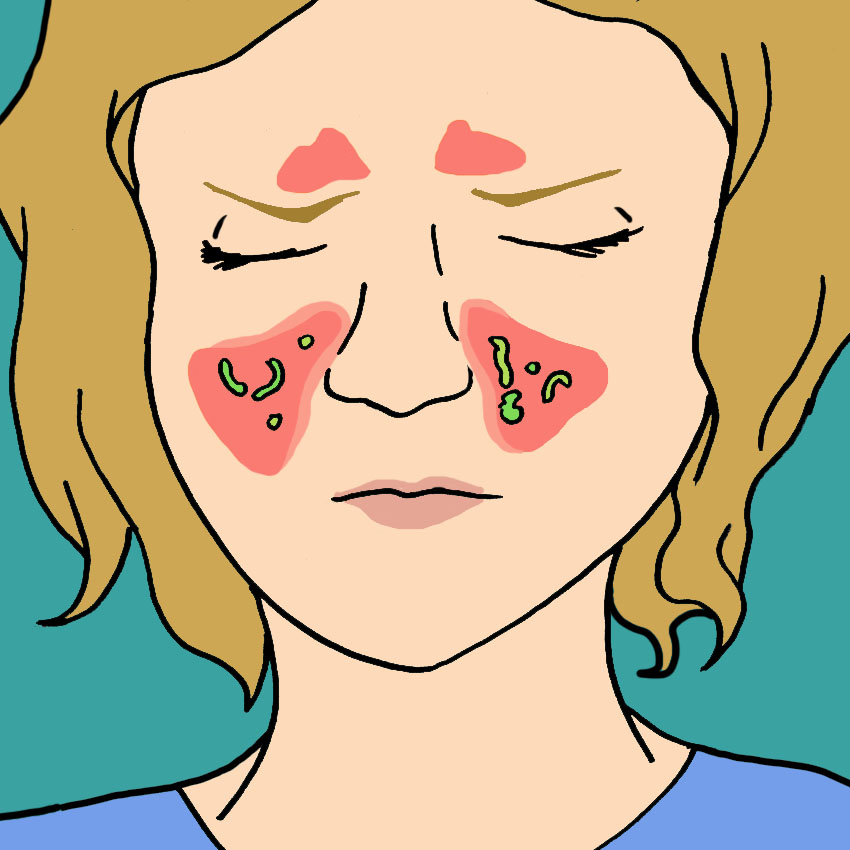
Acute sinusitis is the most common type of sinusitis, and it usually isn't too severe.
That being said, the symptoms can feel like more extreme versions of cold symptoms.
#1: Thick, Yellow/Green Snot
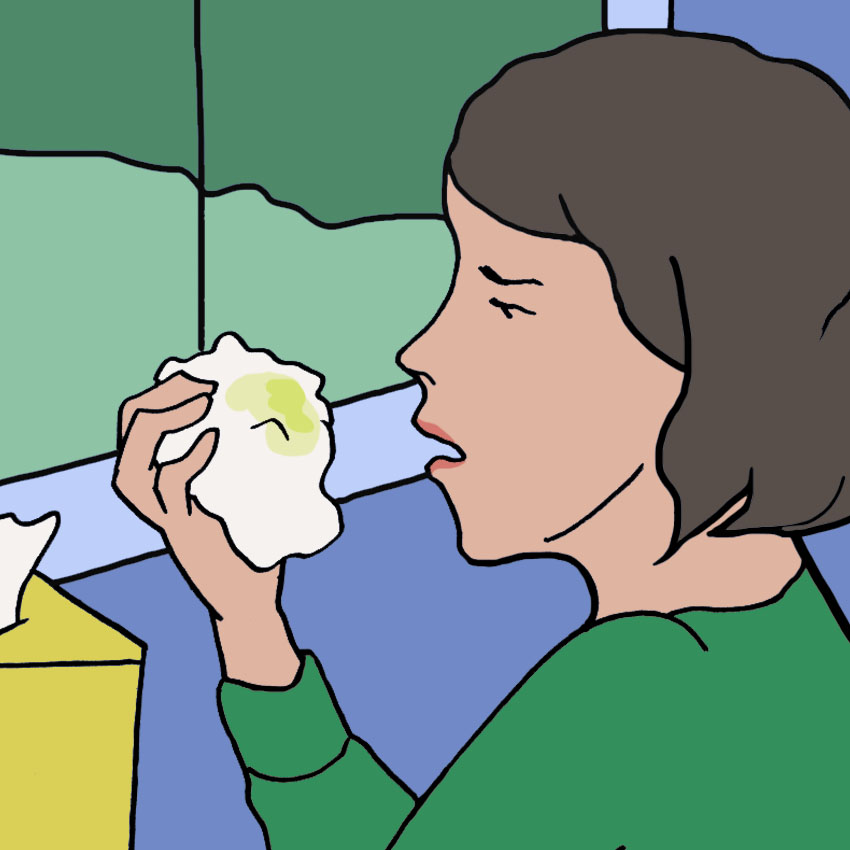
One of the most common symptoms of sinusitis is thick green or yellow discharge.
This may be blown out the nose as snot, or it may drip down the back of the throat (known as postnasal drainage).
#2: Severe Congestion
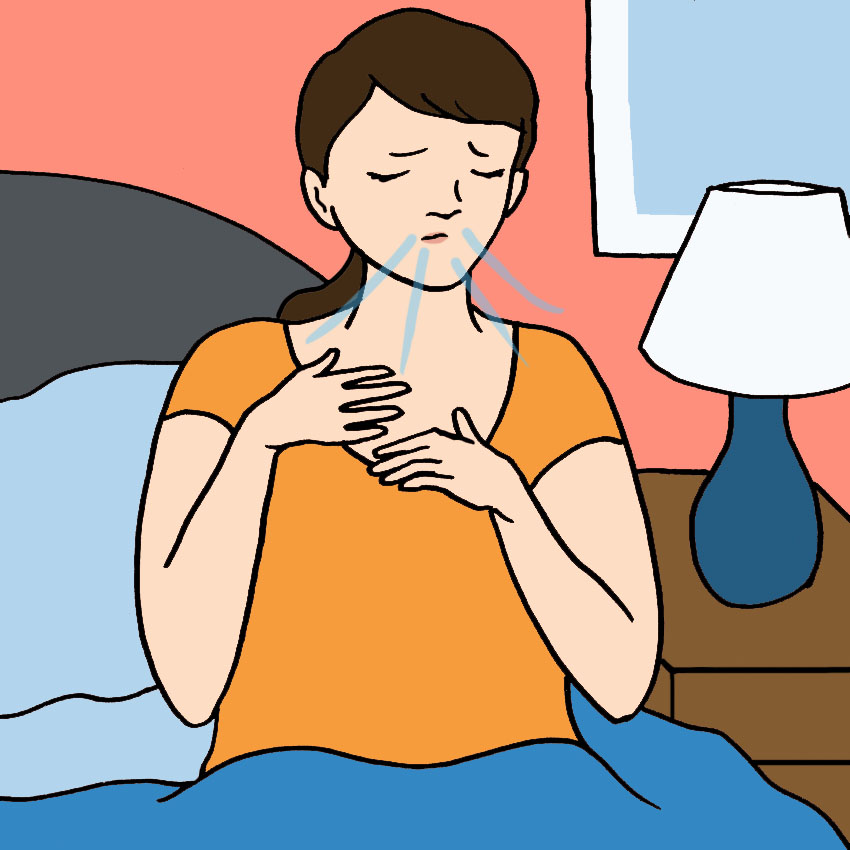
Another symptom of sinus infections is congestion in your nose or sinuses.
You may not be able to breathe through your nose when you have a sinus infection.
#3: Pain In Sinuses
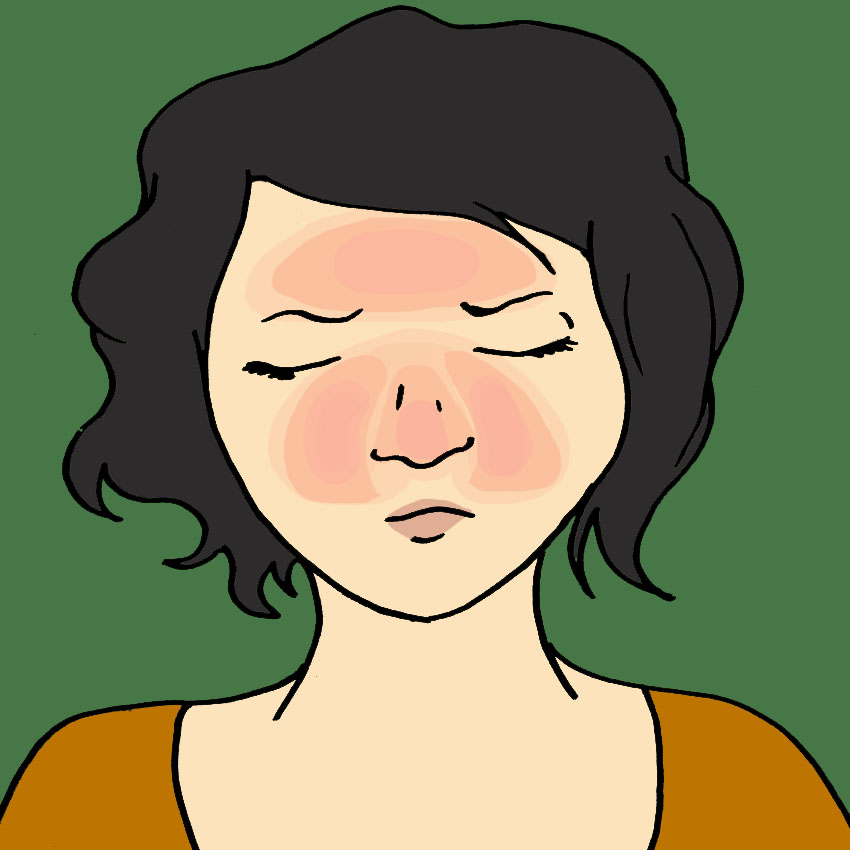
One of the other symptoms is significant discomfort and pain in your sinuses.
The pain may also feel like pressure, tenderness, and swelling in certain areas. This discomfort may feel worse when you bend over or lean forward.
Other Common Symptoms
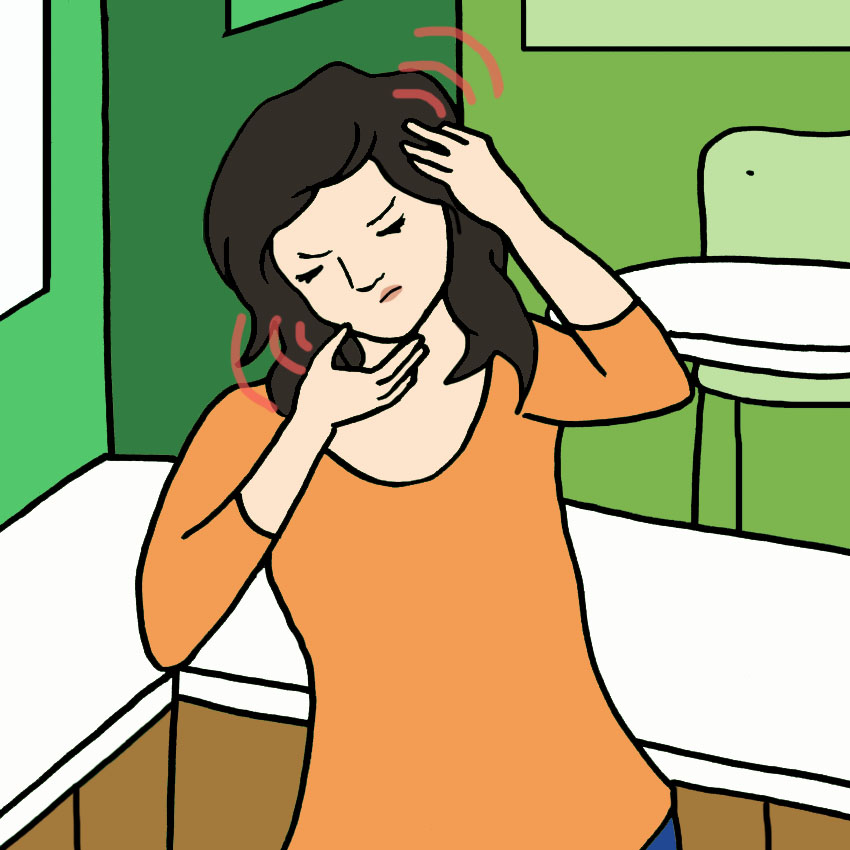
There are a variety of other symptoms that are also common when you have sinusitis.
Some of these symptoms include cough, fever, weakness, fatigue, aching jaw and teeth, headache, and ear pressure.
When To See A Doctor
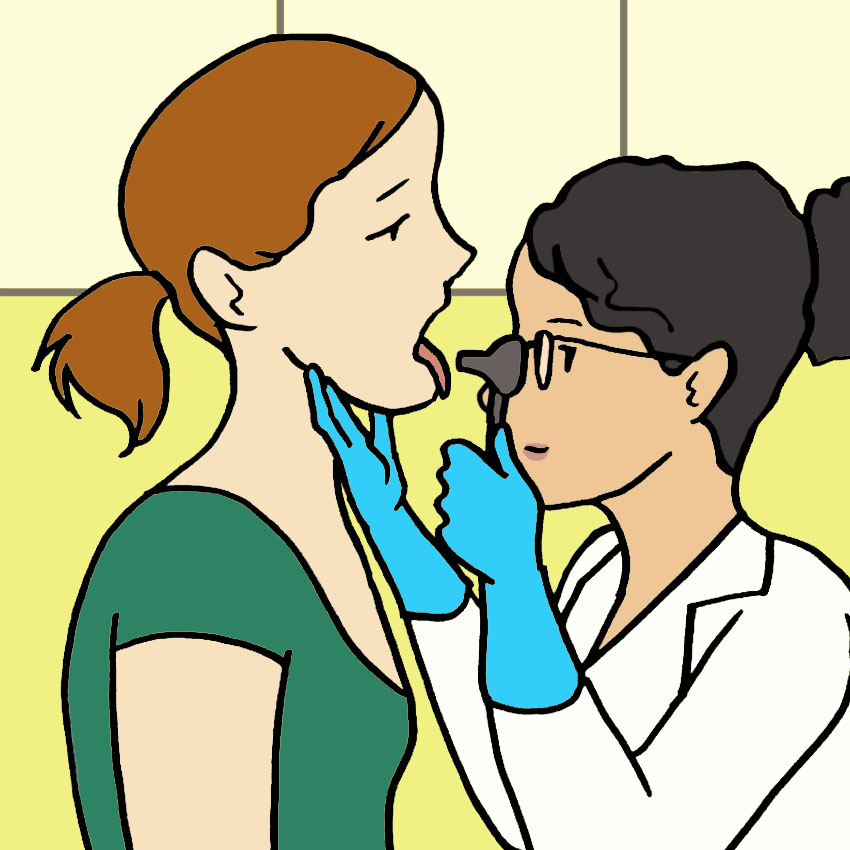
If your symptoms don't improve in a week or so, set up an appointment with your doctor.
You should also call your doctor if you have a lasting fever or if you get sinus infections often.
Be sure to SHARE this helpful information with your friends and family on Facebook!




